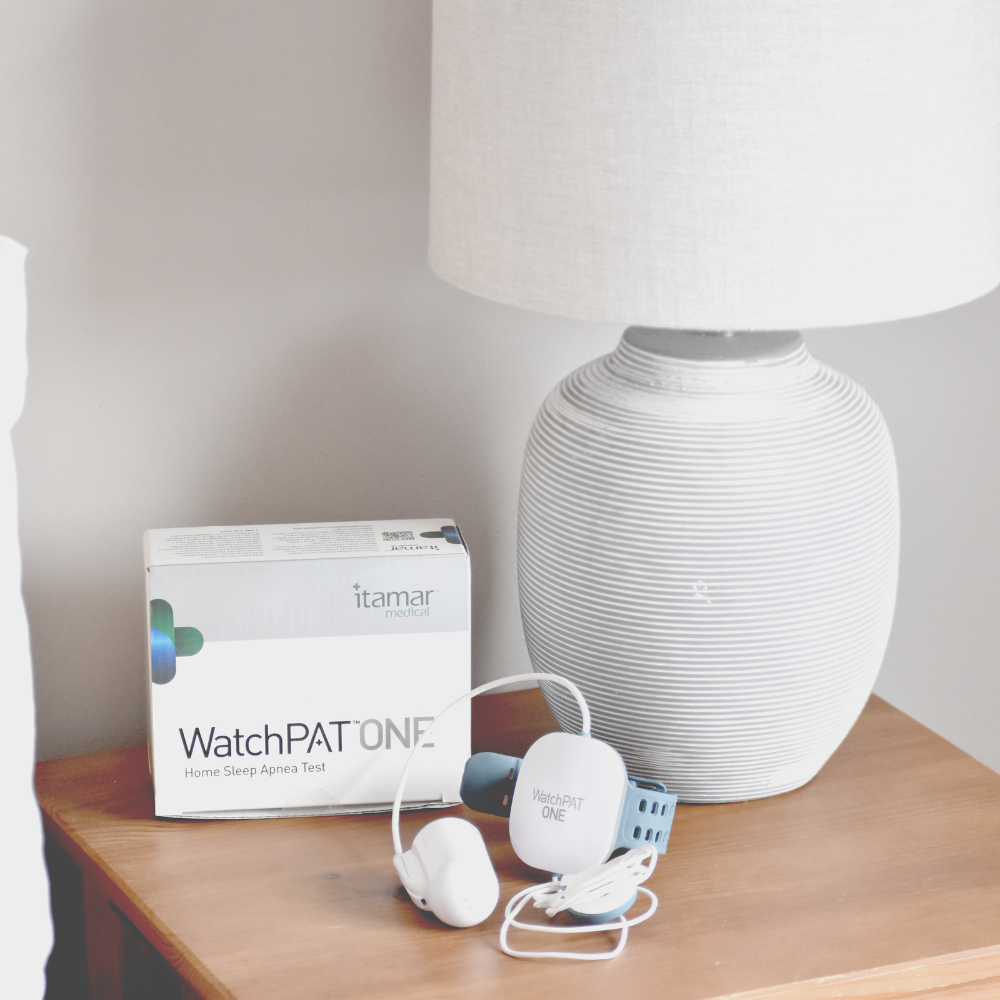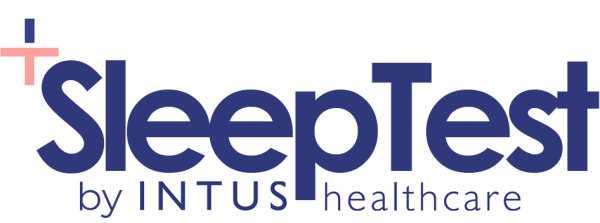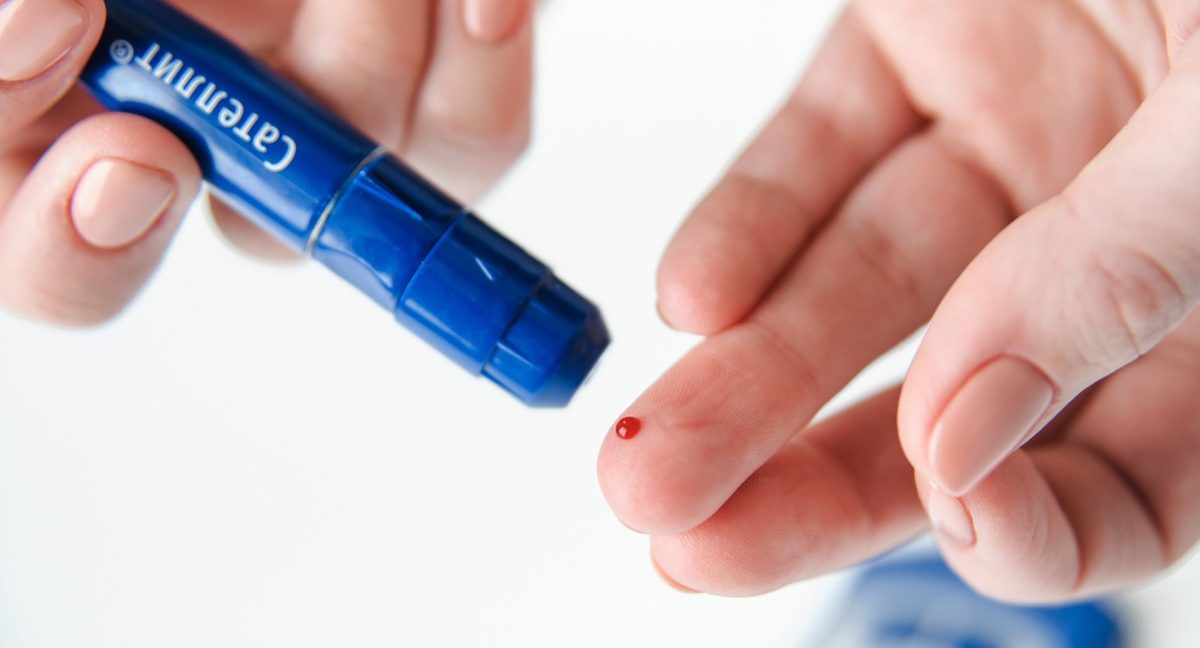Fact Checked
Intus Healthcare’s writers, customer service team, and sleep experts review and ensure this information is accurate.
Last updated on March 28th, 2025 at 01:31 pm
Several medical studies have linked those with Sleep Apnoea to having a higher risk of developing Type 2 Diabetes (1).
In the UK, 4.3 million people have been diagnosed with Diabetes (2), and 4 million people have Sleep Apnoea.
Statistics show that 1 in 3 diabetics and hypertensive patients suffer from OSA (Obstructive Sleep Apnoea) (3).
Table of Contents
What is Diabetes?
Diabetes is a chronic medical condition that affects how your body regulates blood sugar (glucose). Glucose is the main source of energy for your body’s cells, and therefore its levels need to be carefully controlled. This regulation is achieved through the hormone insulin, which is produced by the pancreas.
There are two main types of Diabetes:
Type 1 Diabetes – In this type, the body’s immune system mistakenly attacks and destroys the insulin-producing cells in the pancreas. As a result, the pancreas cannot produce enough insulin or any insulin at all. Type 1 Diabetes usually develops early in life, often during childhood or adolescence, and requires lifelong insulin therapy.
Type 2 Diabetes – This type is more common and usually occurs in adulthood, though it can also affect younger individuals. In cases of type 2 Diabetes, the body either doesn’t produce enough insulin or becomes resistant to its effects. The cells are less responsive to insulin, causing blood sugar levels to rise. Lifestyle factors, such as obesity and lack of physical activity, can contribute to the development of type 2 diabetes. It may be managed with a combination of dietary changes, exercise, oral medications, and sometimes insulin injections. Obesity is associated with Sleep Apnoea and diabetes; therefore, those who are diabetic and obese may experience an increased risk of Sleep Apnoea.
According to the NHS, 90% of adults in the UK with Diabetes have Type 2 Diabetes.
What is Sleep Apnoea?
Sleep Apnoea occurs when the airways experience partial or complete blockage during sleep, leading to a lack of oxygen supply. This obstruction causes recurring breathing pauses, known as apnoea events, which can occur more than 30 times per hour during sleep. This causes a build-up of carbon dioxide in the blood.
If you think you or your partner has Sleep Apnoea, here are some symptoms to look out for:
- Waking up choking or gasping for air
- Severe or frequent snoring
- Morning headaches
- Low libido
- High blood pressure
- Frequent urination during the night
- Mood swings
If Sleep Apnoea is untreated, oxygen deprivation can lead to:
- High blood pressure (Hypertension)
- Insulin resistance
- Glucose intolerance
- A rise in blood sugar
- Morning headaches
- Higher chance of heart complications
If you have symptoms of OSA, consider taking a sleep test, this test will determine if the condition is present.

Home Sleep Apnoea Test
The test monitors your heart rate, snoring intensity, blood oxygen levels, body positioning, and more, providing accuracy comparable to testing used in sleep clinics for in-depth sleep analysis.
The simple-to-use test takes just one night to complete, and results are returned within two working days after completion.
Our experienced NHS-qualified sleep professionals independently analyse all studies, providing follow-up advice and support.
Can Sleep Apnoea Cause Diabetes?
It is not a simple yes or no. However, the likelihood of developing Type 2 Diabetes is high if you have Sleep Apnoea. Remember that weight can play a part in both conditions, so losing weight is beneficial.
It is common to have both conditions at the same time. In fact, more than half the people with Type 2 Diabetes also have Sleep Apnoea. Therefore, if you have Sleep Apnoea or Diabetes, it is recommended to find out if you also have the other. Sleep Apnoea can make it more challenging to manage diabetes. The sleep disruptions and oxygen deprivation associated with the condition can worsen insulin resistance and lead to poorer blood sugar control.
It is worth noting that if you already have Diabetes, untreated Sleep Apnoea can make it harder to manage your Diabetes.
If I have Sleep Apnoea, am I Diabetic?
Individuals with Sleep Apnoea are more likely to develop type 2 Diabetes than those without. Untreated Sleep Apnoea has been associated with an increased risk of developing hypertension and a decreased ability to regulate blood sugar levels. This is because OSA raises blood sugar levels.
People who regularly snore and have Sleep Apnoea have been linked to metabolic syndrome alterations. This is a combination of obesity, high blood pressure and diabetes.
If you think you could be diabetic, contact your GP.
Can treating Sleep Apnoea help Diabetes?
Yes, treating Sleep Apnoea can have a positive impact on Diabetes management, particularly in those with Type 2 Diabetes. People with Sleep Apnoea are more likely to have insulin resistance, which is a key factor in developing Type 2 Diabetes. Treating the symptoms of Sleep Apnoea can improve insulin sensitivity and glycaemic control.
If you suspect you may have Sleep Apnoea or are experiencing symptoms such as loud snoring, daytime sleepiness, and frequent awakenings during the night, it is essential that you consult a GP or healthcare professional for evaluation and appropriate treatment. Managing both Diabetes and Sleep Apnoea together can significantly improve overall health and quality of life.
Getting Tested for Sleep Apnoea
If you are showing signs of Sleep Apnoea, contact your doctor. If they believe you may have Sleep Apnoea, they may refer you to a sleep clinic, where you will take an overnight sleep study. Please note that current waiting times for a sleep test at a sleep clinic may vary from upwards of two months.
Waiting for a test can be stressful and counterproductive to resolving your symptoms. So, you may wish to consider a private In-Home Sleep Test. An In-Home Sleep Test monitors your body position, snoring intensity, blood oxygen levels, heart rate, body movements, and Peripheral Arterial Tone (PAT).
A private sleep study can provide an accurate result within two working days.
If your results come back positive for Sleep Apnoea, our experienced NHS Sleep Technicians will advise the best treatment for you.
Treatment for Sleep Apnoea
CPAP (Continuous Positive Airway Pressure) is the most common and effective treatment of Sleep Apnoea. The machine pushes pressurised air through a CPAP mask and tubing to the user’s throat to open the airway.
Studies have shown that using a CPAP device improves sleep, lowers blood sugar levels by reducing insulin resistance, and gives people more energy for daily exercise. In turn, this also reduces the risk of Pre-Diabetes (developing Diabetes).
If you need any further help, do not hesitate to get in touch with us.
For more information on Diabetes, visit –www.diabetes.co.uk
About Our Editorial Team
Danni is a degree-educated content writer passionate about helping those with Sleep Apnoea sleep better; she works closely with our clinical and customer care teams to ensure that each article is thoroughly researched and accurate.
Her writing aims to inform, support, and advise readers about Sleep Apnoea, helping to raise awareness and promote effective treatment options.
She has written many health-focused articles, reaching hundreds of readers annually, to help people sleep better and live healthier lives.
Lateisha King is an experienced Sleep Clinician with advanced training in polysomnography and respiratory health.
With over six years of experience, including at the prestigious Guy’s and St Thomas’ NHS Foundation Trust Hospital, she has conducted and reviewed more than 500 diagnostic sleep studies.
Her expertise in sleep science ensures that all articles align with the latest data and treatment protocols, providing readers with trustworthy and practical advice to improve their sleep health and overall well-being.
REFERENCES
- Elmasry, A. et al. (2000) ‘The role of habitual snoring and obesity in the development of diabetes: A 10-year follow-up study in a male population’, Journal of Internal Medicine. Available at: https://onlinelibrary.wiley.com/doi/full/10.1046/j.1365-2796.2000.00683.x. Accessed: 11.10.2024.
- Diabetes UK (2023) Number of people living with diabetes in the UK tops 5 million for the first time, Diabetes UK. Available at: https://www.diabetes.org.uk/about-us/news-and-views/number-people-living-diabetes-uk-tops-5-million-first-time. Accessed: 28.06. 2023.
- Friedman, O. and Logan, A.G. (2009) ‘The price of obstructive sleep apnea-hypopnea: Hypertension and other ill effects’, American Journal of Hypertension. Available at: https://academic.oup.com/ajh/article-abstract/22/5/474/330563?redirectedFrom=fulltext. Accessed: 28.06. 2023.





